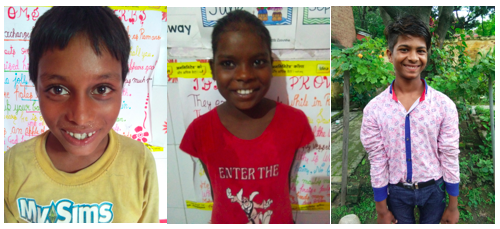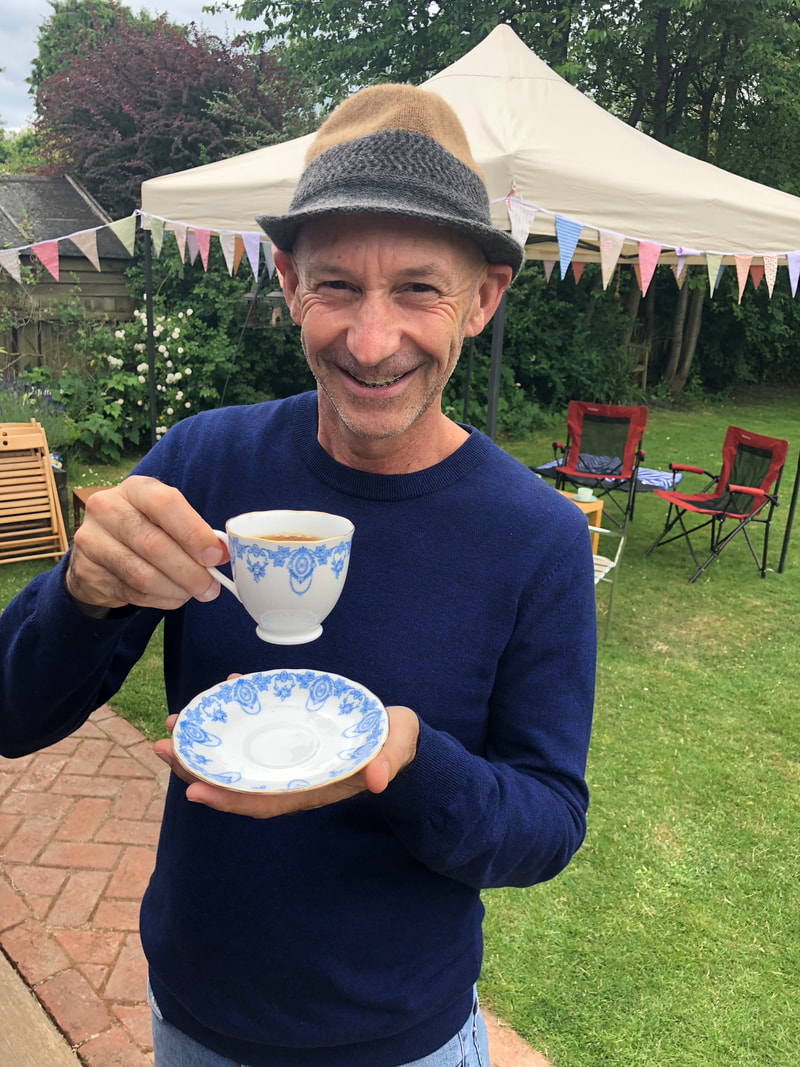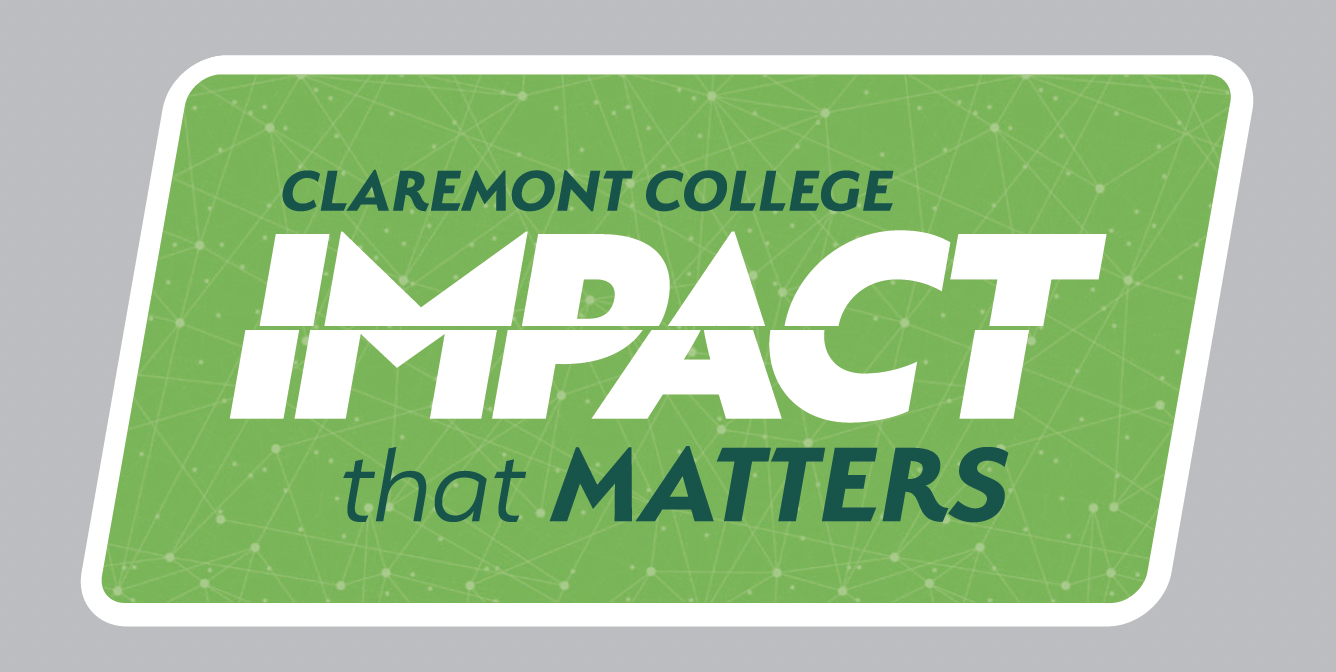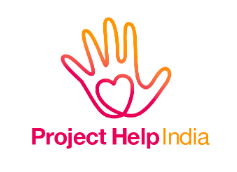|
I recently attended a meeting for NSW School Principals and had the pleasure of listening to a presentation given by one of Australia’s leading psychologists, Dr Michael Carr Gregg. Dr Carr Gregg shared his concerns regarding, what he called, “well-being and mental health crisis” for Australian children aged 8 to 12 years. The issues he raised, were certainly aligned with my own concerns and sadly they were on par with the many serious issues I see here at Claremont and hear about in the media.
As I write this weekly newsletter, I do not want to sound alarmist, but I believe that we need to take this more seriously than ever before and respond as a school community accordingly. It was once my thought that the Primary Years were the ‘safe haven’ years for children. These were the years when we as educators and parents would lay the firm and solid foundations for young children and pre-adolescents. These were the years that we would equip children with the skills for making wise decisions, provide them with values and a moral framework, equip them to be resiliency and enjoy that wonderful sense of safety that comes with childhood. Surely one’s childhood should be the years of being carefree and happy with eyes wide-open with wonder and curiosity. I still advocate and strive for all of these things, perhaps more than ever before. However, the reality is that, thanks to technology, the adult world is encroaching into the primary years and little kids are being impacted. It is no wonder that we hear that our hospitals and medical professionals are seeing more and more children being treated for depression, crippling anxiety, panic attacks, anorexia for both boys and girls, self harm and talk of suicide. If this alarms you, it should. As a school community, we need to be working together to seek solutions and support and strengthen the home/school partnership. It was fabulous to talk about this with the Claremont Dads, who on Monday attended the Fathering Project meeting at the Coogee Diggers. We shared stories, strategies, ideas and solutions. We worried together about some of the things we are aware of, especially when one dad mentioned that at his daughter’s high school, data was published suggesting that 85% of the entire Year 11 cohort (girls and boys) were taking prescribed anti-depressants. We heard stories of young teenage boys who do not attend school because they are unable to leave their bedroom due to online gaming addictions. We were encouraged and affirmed, however, by the reminder of the importance of dads being involved in the lives of their kids. On the flip side of some grim statistics we learnt that there is significantly less likelihood for teenagers and young people to be impacted by these issues when their parents are actively involved in their lives… coaching, supporting, disciplining, having rich conversations, allowing for mistakes, following through on consequences, growing resilience, and essentially being involved in a way that is not being a helicopter parent or a parent who creates a ‘Bonsai Child’. Our School Discipline and Anti-Bullying Policies So with these comments, my reassurance to our Parent Community, is that Claremont takes this very seriously. Our priorities focus on your child’s safety, well-being, happiness and their learning. Next week, we shall introduce our revised ‘Discipline’ and ‘Anti-Bullying’ Policies. These documents align with the contemporary issues that we are dealing with as a school and wider as a community. I would hope that we have the support of all parents as we implement initiatives, and further refine our school-wide behavioural expectations. Kids and Smart Phones Dr Michael Carr Gregg sought the opinion of Principals in the auditorium on the issue of smart phones and devices in schools. Dr Carr Gregg has been commissioned by the NSW State Government to write a report regarding the use of technology in schools. This comes on the back of a number of countries such as France and Malaysia that now have complete bans. My personal opinion is that technology, when used wisely, with appropriate infrastructure, filters, fire-walls, supervision and education, is rich, valuable and wonderful for learning. However, this must come with some strict guidelines. I am so pleased with the success of our 1:1 iPad Program but certain consequences must be put in place should children ‘break the rules’, and of course parents must have the assurance that our IT systems are safe and carefully monitored. What we are seeing in the lives and the world of some students I’d like to give you the heads-up with a few issues that concern me deeply. These things are based on issues and incidents that my staff and I have to respond to at school over recent months. • Online bullying from home, where children connect to each other on apps and games. Many harmless looking kid’s games, come with the ability to chat with friends and strangers. • I see children who are using Instagram, Facebook and other forms of social media that are clearly identified as being for users aged 13 and older. Children must lie about their age to become users. Don't forget that creepy adults also lie about their age and pretend to be a harmless 14 year old kid. • There are students who have set up YouTube Channels. To make matters worse, they are using their name, and they talk about their school, their house and give other personal details. • I am hearing that many students are playing ‘Fortnite’ which is considered to be perhaps the most addictive online game ever. • I have seen students looking at, and playing Grand Theft Auto. • We have children who are messaging mum and dad on their iWatch during lessons and school time. • I see children overly worried about their body image as they obsess over the number of steps they take at school, constantly checking their fitness on their Garman or Fit-Bit. • Most children, are given mum or dad’s hand-me down smart phone, which essentially gives them the ability to access pornography and other unhelpful content within a couple of clicks. • Children who are receiving psychological help for self harm and/or having suicide ideologies. Our data shows that 25% of our 2017 Year 6 student cohort, presented for these issues and required counselling, psychological or medical intervention. We may wonder why the adult world is encroaching into the precious years of childhood. Is it because we are handing the adult world to our children? It would be neglectful to drop your child off onto a dark street in the middle of the city at night, yet isn’t this what we are doing when we let them navigate the internet on a smart device? Our kids may be accessing highly dangerous content, and providing their personal details and data to strangers, often while sitting next to mum and dad at the Café. It has been a long standing policy that phones are banned at school. Earlier this year, I mentioned that Apple iWatches (or similar) are ‘discouraged’. On Monday, I will be informing all students that these devices will now be completely banned at Claremont. If your child has one, he or she must hand it in at the office on arrival at school and collect it at the end of the school day. I would expect that parents have the necessary safety talks and rules associated with having these devices while walking to and from school, and when at home. Four of the Core Values of Claremont College summarise my concerns. Engaging learning through quality teaching across the curriculum with innovation and creativity. Providing a nurturing school community through care and respect for self, others and the environment. Growing and affirming the character, leadership and a sense of purpose for each individual child. Having faith in Christ and following his word in our lives. Let’s work together to give all of our children the safe and happy childhood that each one of them deserves. Thank you Robert Collins @Robbie36 for the beautiful photo.
1 Comment
Meet Adnan, Sunjay and Anaya...
It comes with an incredible sense of satisfaction when I hear the news of children who have been rescued and whose lives have been powerfully changed. These kids did not go to school but once were forced to work in child labour. Thanks to Project help India these kids now have the opportunity to receive an education, to learn, be cared for, make friends and have a class full of other kids who they can laugh and play with. These precious kids now have a safe haven, a place of belonging and a kind teacher who keeps her watchful eye on them. These children no longer are subjected to the cruelty of a harsh adult work, forced to do what no child should have to do. They are now safe from the dangers of exploitation and away from a dark world that no child should ever be forced into. Just this month, I have caught up with the story of 3 remarkable kids who attend our centres in either Kotdwara or Bijnor. Adnan is 9 years old and is in 3rd Grade. His father died and the family were forced to live on the streets. Poor little Adnan had to make a living by collecting and selling rubbish from off the streets. We have helped Adnan’s family and he now attends school 6 days a week. Sunjay is 14 years old. He stopped going to school and was forced into labour due to poverty, working hard for 2 years. He is back at school and thriving in his learning. He has big hopes for the future and he dreams to become a doctor Anaya is 11 years old and has spent most of her childhood working in the harsh conditions of domestic labour and making an earning from picking through garbage. Read her story as reported last week (mid September) by our Project Officer in Kotdwara: Anaya is one of the students in our Kotdwara Slum Centre. When Anaya came to us she could not utter a word. Dirty hands, shabby clothes, sweaty brow and the look of misery and desolation were writ large on her face. This barely 11 year old child was the hardworking breadwinner of a poor family. The time that should have been spent in gaining basic education and in playing with friends was being devoted to pick garbage. The hands that could be used to build the future of the country were being taught to wash dirty floors and utensils. A valuable life was being severely ruined. After 6 months of being at the Slum Centre, Anaya has a spark in her eyes as she dreams of a future for herself. Now she is also going to School. She is in 6 class. If you ask her, she says she wants to be a doctor, to be able to cure her ailing mother. Anaya was freed from domestic labour with the help of dedicated efforts of organisation. I think you will see that their smile says it all. Life is full of threats. They say that when we are under pressure, this is when a leader's true character shines ...so what will people see? Will a threat get you down and bring out the worst in you? Or do you see this as an opportunity to learn, grow and depend on God like never before? I think of blatant threats when somebody who hates your guts and threatens to hurt or harm you. This certainly happened to me when I was a kid at school, especially as a teenager when I was bullied and teased, sadly repeatedly for a number of years. In my work and career, I have been threatened with legal action and this is scary. Threats in our world of work are all around. They are so often sneakily packaged in passive aggressive behaviour, politeness and smiles that come with vindictive daggers in your back. I have also have had times when I discovered that others were actively trying to undermine me and my leadership, trying to satisfy their own agenda. It’s devastating as a leader when this comes from someone who you trusted and actively encouraged to grow and flourish under your leadership. It’s tough dealing with this betrayal and I have lost a lot of sleep over this. I have asked myself “was I too naive, too trusting, did I make a hasty decision in employing them, or was I just bloody stupid?” I’m comforted that the Psalmist King David knew this well and his writings are full of his reflections, trying to make sense of (to the extent of having to run and hide for his life) betrayal and threats. I love that David always concluded that God is is safety, his rock, his refuge, the one he could fully trust. In you O Lord, I have taken refuge; let me never be put to shame, deliver me in your righteousness. Turn your ear to me come quickly to my rescue; be my rock of refuge, a strong fortress to save me. Free me from the trap that is set for me, for you are my refuge. Into your hands I commit my spirit, redeem me O Lord, the God of truth. Psalm 31 - wow what a prayer! If you am going to successfully make it through the long haul of the leadership journey, value your team. If you are going to look after yourself, don't think you can do it solo. As I write I am thankful for the amazing people on my team who I work with. We often say “I have your back!” and without the sense of confidence this brings, I couldn’t do my job or be the leader I need to be. Effective teams are filled with trust and respect. So back to the concept of threats... threats provide opportunity for reflection, growth and the joy that comes from knowing and depending on God. He has my back 24/7. I recently learnt at Cambridge that a “threat carries seeds of advantage.” Threats to your team provide opportunity to come together in unity, purpose and to enjoy that great satisfaction when you learn that “the answer was in the room”. A glass of wine, shared together (make that a bottle if it’s to be shared) at the end of a hard week, to celebrate the challenges fought and the battles won, also does the trick. It also helps you to walk away from the job, enjoy your weekend and set you all up for the issues that still may be waiting when you go back to work on Monday morning. Thanks Ian Espinosa @greystorm for the great photo. I recently heard a great talk by one of Australia’s leading psychologists, Dr Michael Carr Gregg. http://michaelcarrgregg.com/
What he spoke about provided some great reminders and challenges about how I care for myself and ultimately for others. Let’s face it, if I don’t really care for myself, how can I be in my very best of shape to care for others. My recent time at Cambridge University reinforced this and my leadership coaching certainly reinforced this point. My coach summed it all up by saying “care for yourself Doug! You care for others but who cares for you?” It sounds almost selfish to say this… “I must care for myself”. “Put yourself first!” As a Christian, I believe so strongly in the concept of servant leadership and putting others first, but really, am I going to be my very best for others if I am not prioritising my time and resources to be and become the very best person that I can be? I am no good to others if I am a stressed out, good for nothing mess. So with this thought, here are some thoughts by Dr Carr Gregg (mixed with my own reflections). I’m thankful for his wisdom and for the opportunity to learn from this inspiring man. TEACHERS AND PRINCIPALS DO NOT HAVE IT EASY When it come to Australians, teachers are ranked as having the highest occupational stress. Compounding this, is research that shows that it’s even worse for Principals. I can’t believe that my job is more stressful than any other job in Australia, but then when I think about my day to day, I am not surprised. Did you know that Australian Principals are bullied my than any other job in this country? According to statistics, 20% of my staff team will suffer from a DSM mental health diagnosis and this is consistent across most sectors of the Australian workforce. We have to get our act together as Australian leaders to understand stress in the workplace and to respond as we care for our staff and communities. Three current reports are worth reading;
TOP 10 TIPS FOR LEADERS So listen to the advice you would give to others …care for yourself. Here's some thoughts… 1. Work at your metacognition - your self talk - “if you can’t change something, change the way you think about it.” 2. Don’t personalise the problem....you are hearing the pain and anxiety of others. Don't own their issues and don’t take the problem home. 3. Practice gratitude, reflect at the end of each day and be thankful 4. Prioritise relationships - have a rich repertoire of friends and be a good friend to others 5. Sleep well - don’t be sleep deprived. Check out the Professor Russell Foster TED TALK 6. Exercise - take 10000 steps a day, get into aerobic exercise. For me this means getting up at 4:55am four days a week – but it’s worth it! 7. Practice mindfulness, optimism and kindness. Check out this book “Why kindness is good for you” by David Hamilton. 8. Watch your diet - what we eat directly impacts our mood, - Check out the Deacon University Food Mood Centre website - no fast foods as this exacerbates anxiety and depression - enjoy a Mediterranean diet - eat eggs (colene helps memory), Greek yoghurt (tyrocene), blue berries, glucose at breakfast (carbs, toast, fruit), avocado, walnuts and certainly avoid alcohol 9. Plan for your future, set goals. Have something to work towards 10. Dr Carr Gregg did not say this, but for my Top 10 I would add, humble yourself before God. In other words, don’t think you can do this by yourself. Search your heart, search your soul and draw strength on God. He wants to do the leadership and life journey standing by your side, leading the way, He has your back and He carries you when it's all too much. One of my guiding Bible verses as a leader and for my life on general is Luke 10:27 "'You must love the LORD your God with - all your heart (my emotions, my love, my devotion) - all your soul (my spirit, my inner most passion and being) - all your strength (my energy, my body and my fitness), - and all your mind (my thinking and my intellect). ' And, 'Love your neighbour as yourself.' So in other words, put God first, look after yourself second so that you can be your very best to equally love people and in doing so point them to God. Isn't this ultimately what leadership is all about. It's the most important job that any man can be given. We don't even have to have kids to be a man of influence and significance in the lives of others. Each one of us is watched by countless others. We model our beliefs, values, attitudes, decisions and so much more. Never underestimate how much you are loved and respected and how much you mean to someone else. As a Dad, a husband, an uncle, brother, neighbour, teacher, work colleague or friend, I encourage you to celebrate Fathers Day, by reaching out to the people in your life and give them words that instil worth, value and purpose. Not just today but everyday. To my kids ...you are the best and I love you! |
claremont.nsw.edu.auarchives
June 2024
categories |





